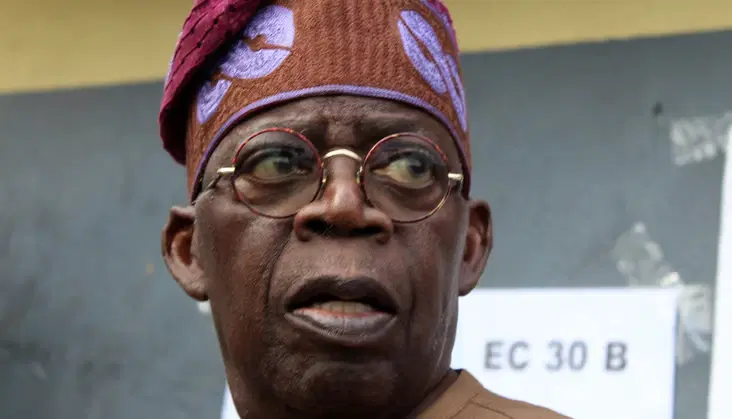On October 15, 2024, during the Nigeria Economic Summit in Abuja, World Bank Senior Vice President Indermit Gill shocked Nigerians by stating it could take 10 to 15 years for President Bola Tinubu’s economic reforms to yield positive results. He criticized the historical mismanagement of oil wealth, which has primarily benefited the elite, and warned that ordinary Nigerians are bearing the brunt of these reforms.
Gill emphasized the need for the Nigerian government to persist with the reforms despite their hardship, stating, “It’s very difficult to do these things but the rewards are massive.” However, this assertion provoked widespread outrage among Nigerians from various walks of life, who cautioned Tinubu against following the World Bank’s advice.
Nigerian academic Prof. Moses Ochonu warned of an impending implosion between suffering citizens and unresponsive leaders. He described the suggested timeline for sustained hardship as “humanly impossible” and stressed that the government could still change course to prevent widespread unrest.
Critics argue that the World Bank has a history of prescribing harmful economic reforms that disproportionately impact developing nations. They believe that Tinubu’s unwavering compliance with the World Bank’s neoliberal agenda exacerbates the plight of ordinary Nigerians while benefiting political elites.
Prof. Ochonu described Tinubu as the most compliant president with the World Bank, asserting that his economic policies have led to increased poverty and hardship for the middle and lower classes. He cautioned that as long as Tinubu and his administration remain beholden to the World Bank, the cycle of hardship and dependency will continue, ultimately leading to significant social unrest.

